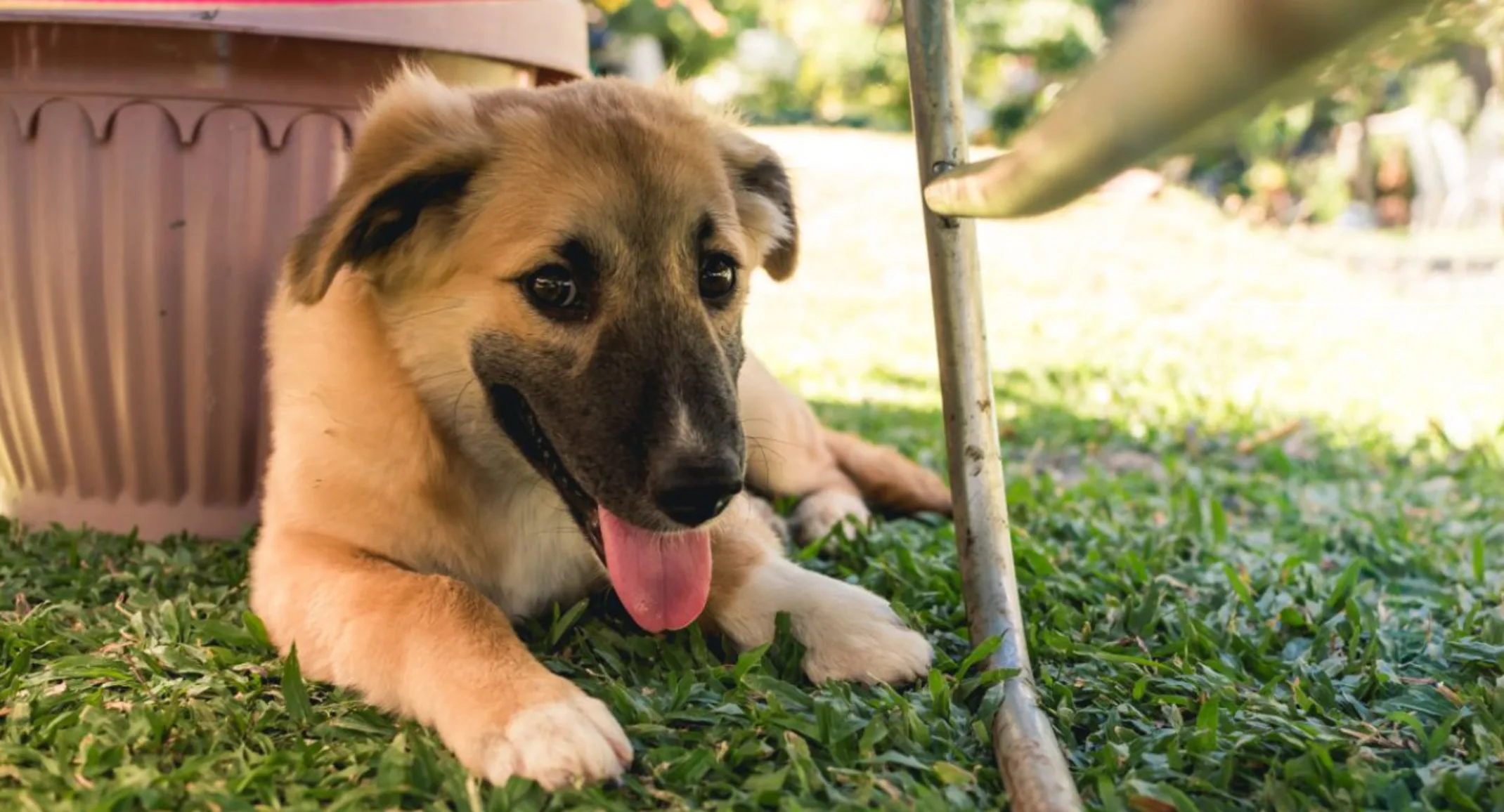As the chill of winter gives way to the warmth of spring, pet owners everywhere rejoice in the opportunity to enjoy the great outdoors with their four-legged friends. However, amid the beauty of blooming flowers and lush greenery lie hidden dangers that can seriously threaten your pet’s health and safety. Our Mountainside 24/7 Animal Emergency team explores essential spring safety tips for cats and dogs, with a focus on yard and garden toxins, toxic plants and flowers, and more. We want to ensure your furry friend enjoys a happy and healthy season.
Yard and Garden Toxins for Pets
Springtime often means sprucing up the yard and garden, but you must be mindful of potential toxins that could harm your pet, including:
Fertilizers and pesticides — Many fertilizers and pesticides contain chemicals that, if ingested, are toxic to pets and can result in gastrointestinal (GI) upset, drooling, tremors, seizures, abdominal pain, neurologic issues, respiratory distress, or death. Opt for pet-safe alternatives or follow label directions carefully to prevent toxicity in your pet.
Mulch — Certain types of mulch, such as cocoa mulch, can be toxic to pets if ingested, so choose pet-safe mulch options to prevent accidental poisoning.
Compost — While composting is great for the environment, be cautious, as compost piles can contain moldy food or other harmful substances.
Toxic Plants and Flowers for Pets
Spring brings a plethora of colorful blooms, but not all flowers and plants are safe for pets. Avoid these common plants and flowers:
Lilies — Lilies are highly toxic to cats and can cause severe kidney damage or death if ingested. Keep these flowers out of your home and garden if you have feline friends.
Tulips and daffodils — These spring flowers may be beautiful, but they contain toxins that can cause vomiting, diarrhea, and cardiac issues in pets who eat them.
Azaleas and rhododendrons — These popular garden shrubs contain toxins that can harm cats and dogs and cause drooling, vomiting, and diarrhea.
Oleander — Consumption causes vomiting, drooling, irregular heart rate and, in some instances, collapse and death.
Sago palms — These popular indoor and outdoor plants are highly toxic to pets and can cause liver failure if ingested. Keep these plants out of reach of curious pets.
Outdoor Hazards for Pets
Springtime adventures in the great outdoors can be delightful, but you must be aware of potential pet hazards, including:
Wildlife encounters — Spring brings out wildlife, including snakes and large predators, that are threatening to curious pets. Keep an eye on your pet during outdoor excursions and avoid areas that wildlife frequents.
Insect bites and stings — Bees and wasps, which are attracted to blooming flowers with their sweet scent, may sting curious pets and cause pain, swelling, and allergic reactions. Additionally, ticks and fleas become more active in warmer weather, increasing the risk of infestations and transmitting diseases, such as Lyme disease and babesiosis, to pets. Regularly check your furry friend for signs of insect bites or infestations, and remember to administer heartworm, flea, and tick preventives as required to protect your pet.
Standing water — Stagnant water that accumulates in puddles and containers after melting snow and spring showers provides breeding grounds for bacteria and parasites. Don’t allow your pet to drink from stagnant water sources to avoid illnesses like leptospirosis or giardiasis.
Allergens — Like people, pets can suffer from seasonal allergies. Keep an eye out for signs such as itching, inflamed skin, ear infections, and other skin issues that may indicate your pet has allergies. Pets may also develop sneezing and watery eyes, but skin conditions are much more common allergy signs.
What if Your Pet Encounters a Springtime Hazard?
If your pet encounters a springtime hazard, remaining calm and taking swift action are essential. Start by assessing the situation and identifying the problem, whether it's ingestion of a toxic substance, an allergic reaction, or an injury from wildlife.
If your pet comes in contact with a potential toxin, immediately contact the Pet Poison Helpline or our Mountainside 24/7 Animal Emergency team for guidance and provide them with details and your pet's clinical signs. Carefully follow instructions, which may include administering first aid or inducing vomiting. Your pet will need prompt veterinary care, despite only minor signs, as some injuries or reactions worsen over time.
How to Keep Your Pet Safe During Springtime
To prevent springtime incidents, learn pet first aid techniques, pet-proof your home and yard, closely monitor outdoor activities, and opt for pet-friendly plants, fertilizers, and pesticides. By staying informed and prepared, you can effectively safeguard your pet's health and well-being during springtime and beyond.
Enjoy the outdoors with your pet this spring, but stay vigilant and proactive to protect them from potential hazards. If your four-legged friend does encounter a springtime danger, count on our Mountainside 24/7 Animal Emergency team for round-the-clock help.

